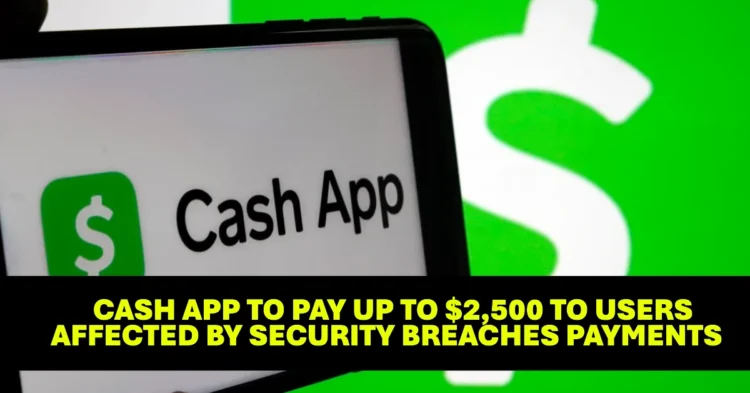A Landmark Legal Case Hits One of the Nation’s Most Popular Payment Apps
Cash App, one of the most widely used mobile payment platforms in the United States, is now facing the consequences of years of user complaints. Following a class action lawsuit, the app’s parent company, Block, Inc., has agreed to pay a $15 million settlement to users affected by unauthorized charges, account lockouts, and serious data breaches.
If you’ve used Cash App between August 23, 2018 and August 20, 2024, you might be eligible for compensation—even if you’ve already stopped using the service. Here’s everything you need to know about the lawsuit, what led to it, and how users can still benefit.
Table of Contents
What Triggered the Cash App Lawsuit?
Longstanding Complaints Finally Lead to Legal Action
Cash App’s popularity soared over the past decade, but behind the sleek interface and convenience, many users were facing troubling issues. The class action lawsuit wasn’t born overnight. It was fueled by years of reports and unresolved complaints, including:
- Unauthorized charges on user accounts
- Accounts blocked without warning or resolution
- Security lapses that exposed personal and financial data
Despite repeated complaints, many users felt ignored by customer service, leading to a collective demand for accountability.
Who Is Eligible for Compensation?
You May Qualify If You Experienced Issues Between August 2018 and August 2024
Not every Cash App user will receive a payout. However, you may be eligible if any of the following apply to you during the covered period:
- You experienced a data breach or unauthorized access to your account.
- You were charged for fraudulent transactions.
- You used Cash App or its affiliated services and had unresolved issues.
- You attempted to contact support for help but received no effective resolution.
How Much Can Affected Users Receive?
Up to $2,500 Per Person Depending on Your Claim
The settlement allows for a maximum payout of $2,500 per individual, but the actual amount will depend on the severity of your experience and the documentation you provide.
Important note: Simply having used Cash App is not enough. You must show that you were negatively affected and made reasonable attempts to resolve the issue.
What If You Already Filed a Claim?
The Deadline Has Passed—But If You Applied, You’re in Line
If you submitted your claim before the deadline on November 18, 2024, you’re already in the system to receive payment. According to the final court ruling on January 13, 2025, approved claims will begin processing throughout 2025.
Users who opted for direct deposit are expected to receive their payments sooner than those who selected mailed checks.
You can check your claim status or get more details at the official settlement site
Do You Owe Taxes on Cash App Transactions? Here’s What the IRS Says
IRS Refund Schedule April 2025: How to Get Your Tax Refund or Stimulus Check Before the Deadline
Ohio Seniors Could See Increased SNAP Benefits 2025 Under New Bipartisan Bill: What It Means for You
DOGE Stimulus Check 2025 Update: Potential Payouts May Fall Short of $5,000
What This Means for the Fintech Industry
A Wake-Up Call for Payment Platforms Everywhere
The Cash App case isn’t an isolated incident. Across the fintech industry, more platforms are being taken to task over poor customer service, security lapses, and lack of transparency. What this settlement proves is simple but powerful: users have the right to demand better.
While some may feel the payout doesn’t go far enough, the lawsuit has established a precedent. Companies can and should be held responsible when they mishandle customer data or fail to address fraud. It’s a reminder that digital convenience should never come at the cost of safety or accountability.
Final Thoughts: What Should Users Do Now?
Whether you’re waiting for your compensation or just becoming aware of the issue, this case is a strong reminder to stay vigilant. Always monitor your accounts, keep documentation of any issues, and don’t hesitate to speak out when platforms fail to protect your data or money.
Financial freedom also means knowing your rights. The Cash App case is just the beginning of a broader push for fairness in the digital economy.

